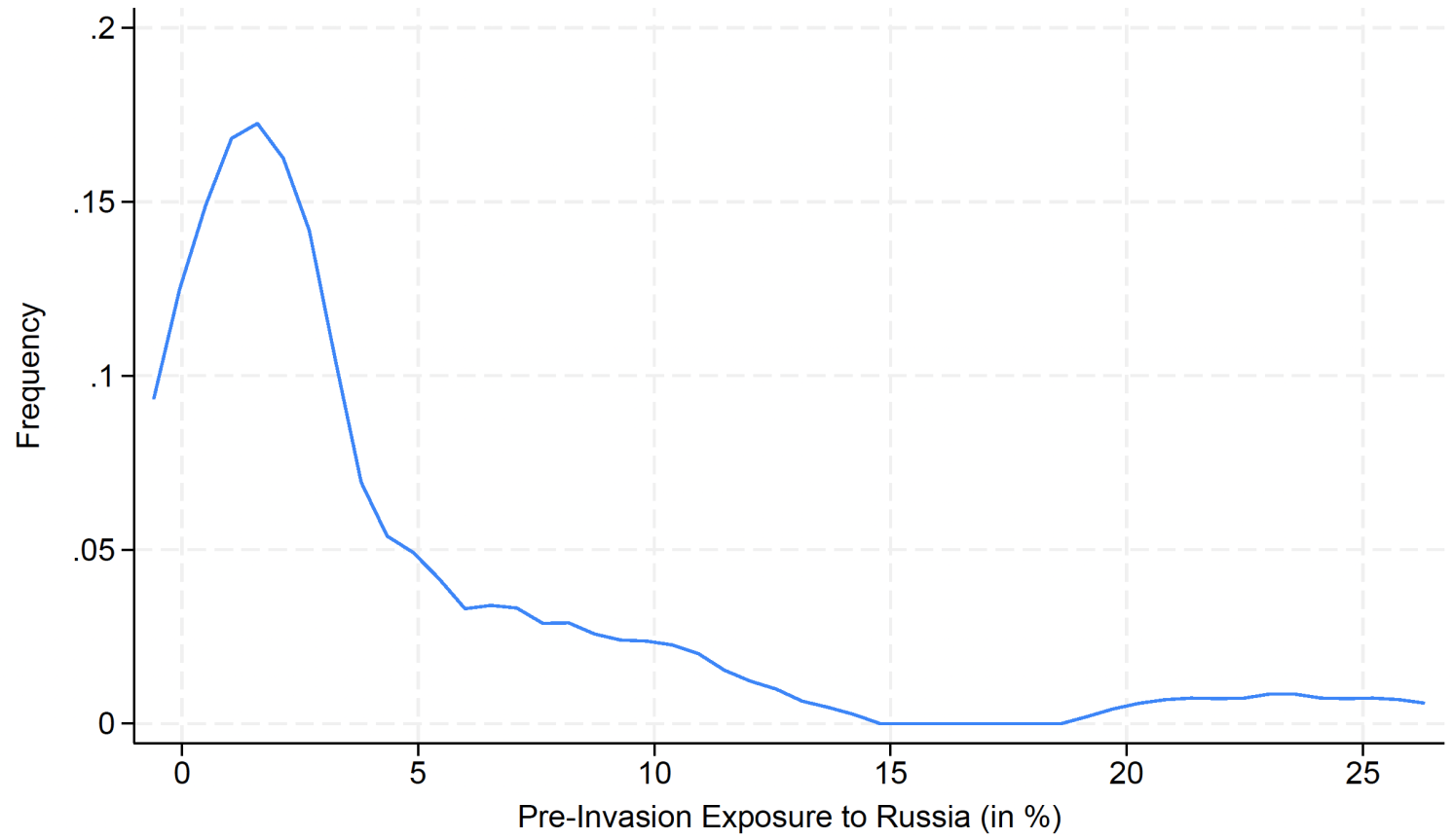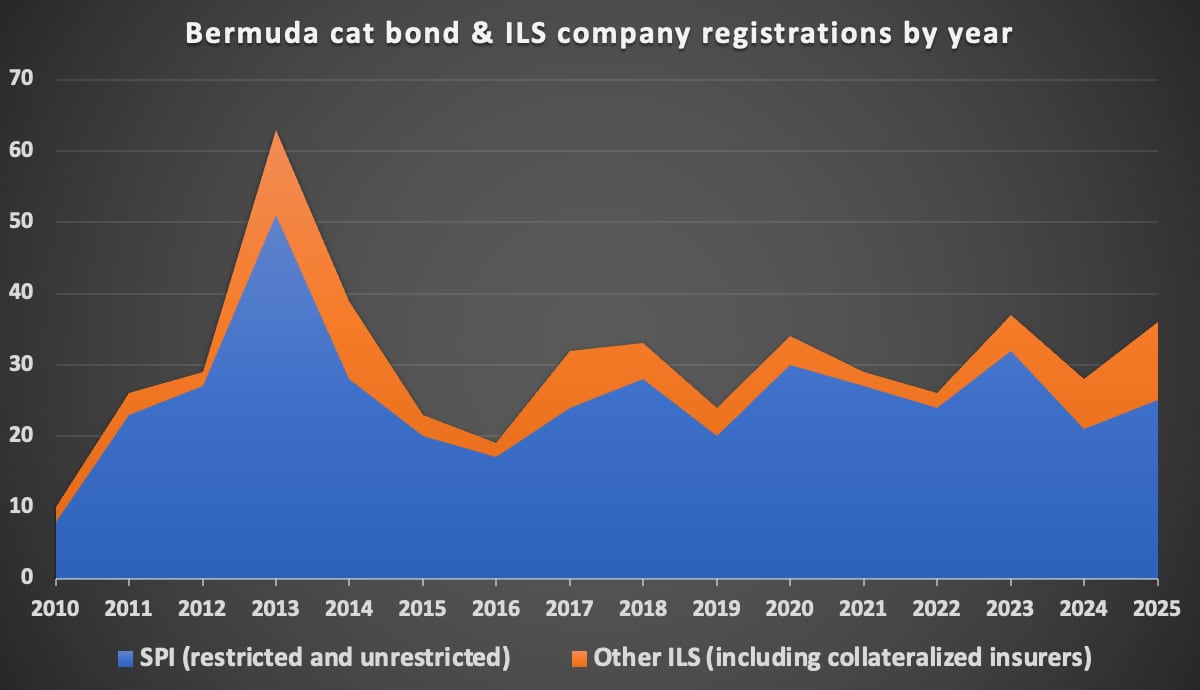Contagion spreads like wildfire
I did it. I sold it all.
Thousands in Bitcoin. Everything I had, gone.
But why? The reason is that your net worth is the size of your attention span and the amount of risk you’re willing to take. Risk management isn’t just for financial advisors — it’s a way of life.
And if I’m being honest, there’s a lot of risk in the cryptocurrency world.
I still own all of my Ethereum (My most significant position). I still own all of my Polygon and Uniswap. I believe in this space. But I also want to own a place to live and food to eat.
No financial writer will tell you this, but selling some of your investments may be the best decision you can make if you’re in a tough spot. Sure, no one wants to do that in a recession — and “only invest what you’re willing to lose” will ring in your head — but when you know the risks, it’s often a prudent decision to take some fiat.
Bitcoin isn’t an all-or-nothing promise because some guy on Twitter said so. The real world has risks that can’t be ignored, like government regulations and corporate greed.
So why did I do it? The answer lies in a few risks to Bitcoin that could send it tumbling down to $10,000:
“I Hope I Didn’t Kill Crypto”
— Sam Bankman-Fried, FTX Founder
What started as a shining beacon of trust and security in the cryptocurrency industry, quickly unraveled like an epic tragedy. The collapse of FTX erased over $8 billion of customer funds in one week’s time.
There’s a saying we have in fintech: “Contagion spreads like wildfire.”
If one system fails, the subsequent collapse can create a domino effect across other exchanges and digital currencies.
Currently, that contagion is hitting a company called “Digital Currency Group,” owners of news outlet CoinDesk, institutional crypto group Genesis, and the Grayscale Bitcoin Trust. The problem is that Genesis had held hundreds of millions of dollars at FTX and additionally lost billions in loans given to the recently bankrupt Three Arrows Capital.
In simple terms, Genesis is on the edge of bankruptcy — and if they fail, Digital Currency Group may fail, igniting a chain reaction that causes Bitcoin to crash to $10,000 in the blink of an eye.
If you want my two cents, the Grayscale Bitcoin Trust will survive as investors are not allowed “dump” their holdings to raise more capital, but DCG and Genesis are on thin ice.
Every crypto bro is clicking off this article now.
“Tether? Who cares!” they say.
But you should care. Tether (USDT) is a stablecoin tied to the US dollar, used by exchanges to facilitate trades. It has become a linchpin of crypto trading despite ongoing legal woes and a lack of transparency.
In December 2022 the Tether drama hit a fever pitch when the Wall Street Journal dropped a bombshell that the company behind Tether had been lending its own coins to customers, upwards of $6.1 billion as of Sept. 30 or 9% of its total assets. It is the same shady backward practice FTX did.
I do believe that Tether will survive.
They have a positive track record of paying back customers despite ongoing legal battles. But there’s a risk that if trust — a commodity running thin in the crypto space — in the company fails, it would drag the entire industry down.
Bitcoin is not a global reserve currency and will not be one.
The globe does not need a global currency as we are seeing the end of globalization and the rise of a new era: De-Globalization.
I learned this in 2020, during the heart of the pandemic, when governments started blocking borders and turning away trade. I was working as a traditional fintech worker in Baltimore and my boss said to me one day: “You know, the world is becoming more and more fractured. We are no longer a single global economy.”
That was two years before Russia invaded Ukraine; we are arguably even more de-globalized now! What is happening is economies are splintering off into regional blocs with Russia, China, India and the US controlling most of the wealth but remaining at ends with one another.
Bitcoin can become a regional currency for countries that do not have a reserve currency, but the globalist dream that Satoshi envisioned is in peril.
Welcome to the zombie economy.
43% of all the money in the world has been “eased” into existence in THE LAST TWO YEARS. Ever since I got into finance this is how things have worked:
- Step one: The Fed lowers interest rates to encourage lending/speculation. Stocks and houses and bonds go up. Inflation happens as everyone buys everything in sight.
- Step two: The Fed raises rates and everyone sells (this happened in early 2022). Lending dries up, prices fall and a recession happens.
- Step three: The Fed eventually lowers rates again — and cynics will tell you that banks who are privy to this insider info buy up all the assets for cheap — and then rinse and repeat.
Another key feature of the zombie economy is central-backed digital currencies (CBDC).
About a dozen CBDCs have launched, according to a tracker from the Atlantic Council, and 72 are in research and development. Moreover, 80% of central banks are considering a CBDC or have already launched one. The implications are clear: if CBDCs gain traction with the public, it will spell disaster for Bitcoin.
Conversely, it could send Bitcoin’s value soaring as users flock to a decentralized currency. Time will tell which side the coin falls on.
Silvergate, a top US bank that serves Coinbase, Kraken and Circle had its own version of the plague last week — shares plummeted more than 40% in one day and customers have withdrawn over $8bn (£6.7bn) of their crypto-linked deposits erasing profits earned over seven years and leading to mass layoffs.
Even investing “guru” Cathie Woods couldn’t save them from their fate; all she could do was sell off $400K worth of stock as an act of surrender. When it comes to financial drama, Silvergate is writing award-winning scripts…
And here is where it gets worse: the CEO of Silvergate’s son-in-law used to run FTX’s risk department… I mean, talk about a clown show.
All of this has led congress to launch an investigation against Silvergate that they had knowledge of Sam Bankman-Fried and FTX’s shady backward trading practices.
If found guilty they will lose their banking license putting more pressure on Bitcoin and the whole cryptocurrency sector.
Could Binance fall?
Most likely no, not a chance in hell.
However, rumors are swirling that Sam Bankman-Fried will rat on Binance for a sentence reduction causing congress to squeeze the vice grips on the company.
Crypto’s weakness has always been that it is boosted by centralized finance that is entirely unregulated. You only get your money back from a centralized exchange if the company doesn’t go bankrupt; if not you are a creditor in a bankruptcy proceeding.
Binance and other centralized exchanges need to be heavily regulated. Until then, Bitcoin may be in for a retest of $10,000 if an exchange goes down.




































